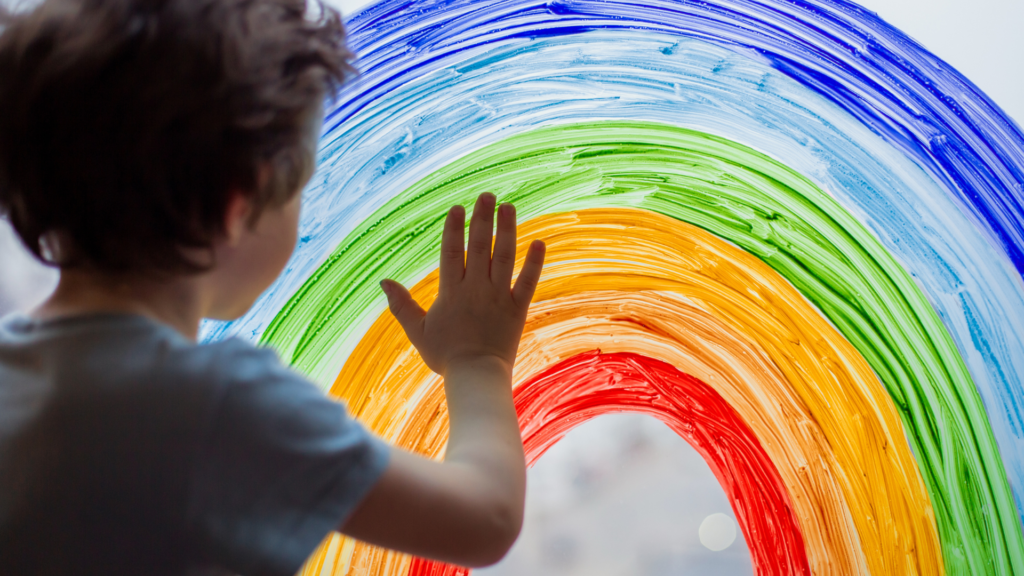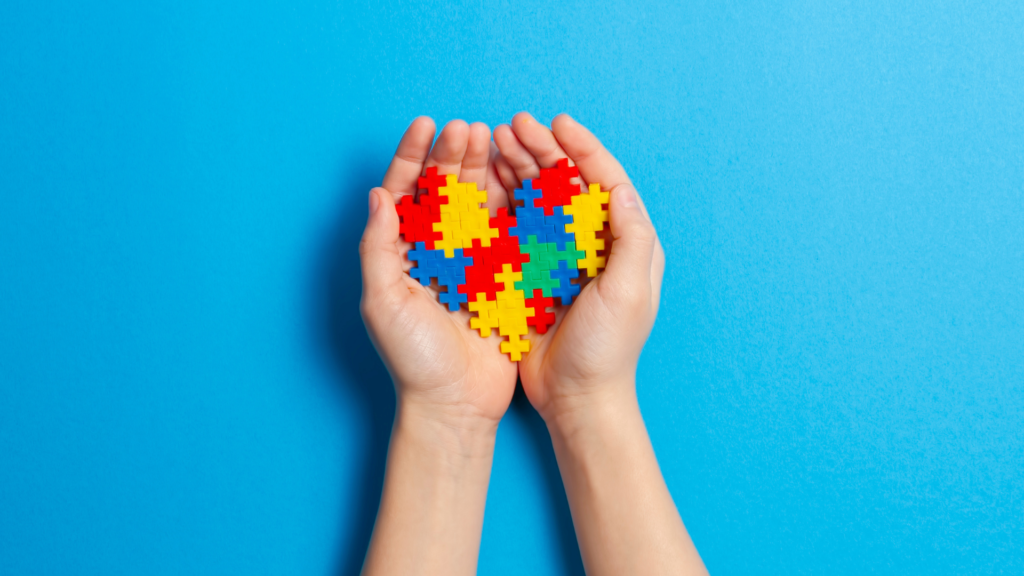EIGHT-YEAR-OLD Rahul struggled with attending school and showed signs of distress, such as screaming, crying, fidgeting, and covering his ears. His parents feel helpless and wonder if their son is sick or mentally challenged. Living in a small town, they were unable to find answers to their questions about his condition and potential treatment. But the truth was that their child was not sick or mentally challenged. The doctors diagnosed him with autism or Autism Spectrum Disorder (ASD). Despite their unique abilities and challenges, autistic individuals face discrimination and obstacles. Awareness and acceptance levels also vary significantly between countries. According to the Rehabilitation Council of India, autism affects 1 in every 500 people in India.
Like Rahul (name changed), most children who suffer from the condition are unfortunately not diagnosed with autism in time. In stark contrast, a 2020 study of ASD prevalence in the United States of America found the condition affecting as many as 1 in 44 individuals. The difference in prevalence rates is, to a great extent, an indication of under-reporting and lack of awareness about ASD in India. In India, there are also several myths about autism.
As the United Nations marks April 2 as World Autism Awareness Day, we discuss a few myths about autism. But before that we address the disorder.
What is autism or autism spectrum disorder?
Autism, or autism spectrum disorder (ASD), is a condition that impairs or impacts the nervous system, affecting an individual’s social skills, speech, overall communication or behaviour. What is essential to understand here is that the degree to which ASD may impact a person varies greatly. The ASD changes in severity and its manifestation from person to person and has, therefore, been characterised as a spectrum.

ASD arises from a combination of genetics and the environment. People with ASD have distinctive ways of understanding and solving problems. Some require more support in daily tasks than others, while some can live independently without even being diagnosed with the condition.
Myths about autism or autism spectrum disorder
There are countless myths about autism and the people who have the condition. To ensure that autistic people receive the help and support they deserve, we must dispel common myths and misconceptions about autism. These stereotypes can be insulting and misleading and severely impact diagnosis and detection.
Myth 1: Autism is a disease
Reality: This is one of the most common myths about autism and is, in fact, one of the most searched questions about autism on Google. Several things are thought to contribute to the development of autism, including genetic and environmental variables. A person with ASD is in no way sick or ill; it just means that the individual’s brain functions differently. It is something a person is born with.
Myth 2: Autistic children are violent
Reality: There is a false belief that autistic children are violent. Unfortunately, this stigma has caused a great deal of suffering for people with autism, and especially children. This myth about autism can also become the reason behind discrimination against children in schools. Not all children with autism are violent, and even among those who are, it’s not that they are more violent than other kids. It is easy for people to judge a child’s expression of distress as violence, which is often the case.
Myth 3: Bad parenting causes autism
Reality: This is one of the myths about autism that still endures. This suggests that poor parenting might result in ASD has been debunked by researchers several decades ago. There exists no proof or reason to believe that bad parenting might cause autism.
It should go without saying even that a child with autism does not in any way represent the parenting style. Regrettably, the myth hasn’t completely disappeared. It might be difficult to change everyone’s perspective after a misconception has become prevalent, regardless of how incorrect it is.
Myth 4: People with autism are intellectually disabled
Reality: This myth originates from people’s failure to understand that each autistic person is unique in their abilities and the challenges they face. While there can be some autistic individuals who have higher IQ scores than the average person, there might be some who would be at par or below par too.

Myth 5: Vaccines cause autism
Reality: Vaccines are administered to boost a person’s natural immune system and help it fight infections. Vaccines have absolutely nothing to do with ASD. A lot of research proves that there is no link between the two. No element of a vaccine engineered to date can alter a person’s genetic makeup; therefore, vaccines cannot be a reason for ASD.
Myth 6: Autism is becoming an epidemic
Reality: Several people believe that the prevalence of autism is increasing to the point where it may be referred to as “an epidemic.” Even if people who may not consider it an epidemic can still think that the prevalence of the disease is growing rapidly. This is a myth that holds some ground as more people are being diagnosed with ASD each passing year. This is merely a result of increased awareness about autism spectrum disorder. The diagnosis of autism has improved significantly as knowledge of what autism actually has increased over time.
Myth 7: Autism has a cure
Reality: The question, ‘does autism have a cure?’ features quite frequently on ASD-related fora but, like the previous myth, holds no ground. Since ASD is not a disease, there is no question of curing it. With the help of therapy and expert intervention, autistic persons can certainly lead functional, productive, and healthy lives, but they can not be cured of ASD.
As April 2 is marked as World Autism Awareness Day, it is important to note that autism’s prevalence is high worldwide. The profound lack of understanding of the disability significantly affects persons with autism and their families. The pervasive stigmatization and discrimination surrounding neurological differences hinder diagnosis and treatment. It calls not only for busting myths about autism but also the need for action from policymakers and people, in general, to make the world a better place for persons with autism. Many NGOs in the country are working for the betterment of persons, especially children with autism. You can read about the top NGOs in the field on the Give.do platform:
–
Give’s mission is to “make giving bigger and better.” Give is the most trusted donation platform in India for fundraisers and crowdfunding campaigns. Through our technology solutions, we enable individuals and organisations to fundraise and donate to a cause, charity or NGO with trust and convenience. Give’s community of 2.7M+ individual donors and 300+ organisations supports 3,000+ verified nonprofits with 80G deduction and serves 15M+ people across India. Find a fundraiser today!

Choosing to tread the proverbial road less travelled, Ramon embarked upon a career in journalism and spent over 8 years working for various media organisations. A deeper calling to create a sustainable impact in the lives of the less fortunate compelled him to join the social sector. Ramon is a minimalist at heart and an explorer in spirit.
Discover more from
Subscribe to get the latest posts sent to your email.

